test heading

(from the National Library of Sweden. This is an author for real! But one I’d never heard of before today.)
If you are an author, probably you will want an author bio.
But don’t publishers write author bios?
Yes, they do. But if you rely on your publisher to write your author bio for you, it may end up something like this:
Tony Cliff is the author of Delilah Dirk and the Turkish Lieutenant. I first encountered him on the internet where I saw some of his art and it was pretty. Wikipedia tells me that he is a Trotskyist activist and the de facto leader of the British Socialist Workers Party since 1977, from which came the inspiration for his feminist globe-trotting nineteenth century adventure stories.
This is because though your publisher has the Power of the Internet at hand (and may in fact be better at determining whether their Tony Cliff is old and Russian or not based on their interactions with him than the Fake!Publisher above), your publisher does not necessarily know all the pertinent facts about you that should go in your bio.
It is your job as an author to remedy this.
But what do you put in your bio? Should you just put in all the things plus the kitchen sink and hope for the best?
If you’re giving a bio to a publisher to trim down, that actually isn’t a terrible approach! It’s better for them to be more informed than less, right? (Though please do stop when you get to a full single-spaced page. No one’s biography needs to be that long, we promise.)
If you’re putting your bio online or giving it out to anyone who is not going to be editing it before public consumption, it’s probably best to be a bit more succinct. So: things you should have in your bio include:
Your name (very important)
Where you live (because any local bookstores or media will want to know you’re around for local interest and possible events or stories! Please do not be any more specific than ‘Kalamazoo, MI’ — no need to list your street address or phone number)
Previous things you’ve published (this can include long-running webcomics, prestigious anthology work, and any previously published books. Please keep the list down to five or fewer. Student work published in a college publication does not count, unless it then went on to win a major award)
Awards (again, college awards don’t count — and neither do things like ‘Best Smile’ unless you are Raina Telgemeier)
The name of your new book (if this bio is being written to attach to it)
Things your bio can include:
Information about your likes/dislikes/hobbies (it’s best to only include these if they’re relevant –for example, if you’re writing a book about food, it’s perfectly fine to include something like, ‘her favorite food is chocolate ice cream’ in your bio. If you’re writing a book about pre-Industrial China, perhaps not so much)
What your job is (for example, if you’re a teacher, librarian, or bookseller, that’s always relevant to an on-the-book bio! Or say you’re doing a book about knitting and you work in a knitting store, people will read that bio and be like, ‘fantastic — so this isn’t just a casual knitter!’)
Any relevant professional qualifications (if you’re doing a book about mountain climbing and you’re ranked the 25th best amateur climber in the world, probably that is a good thing to tell readers, right?)
If you’re married and have kids (I personally think this is not-particularly-relevant, but ‘Blah Blah Author lives in Santa Monica with his partner and two delightful small children’ is par for the course, especially if you’re writing books for kids)
Things not to include in your bio:
A complete bibliography (please, spare us the comprehensive list of publications — it may be impressive, but is it snappy?)
Personal statements (these can go in the acknowledgements or in the dedication)
Information about your creative process (this goes in the colophon)
Moderately existential pleas for readers to acknowledge your existence in their lives (this is what social media is for)
And then you should be good to go!
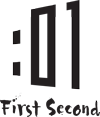
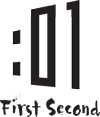
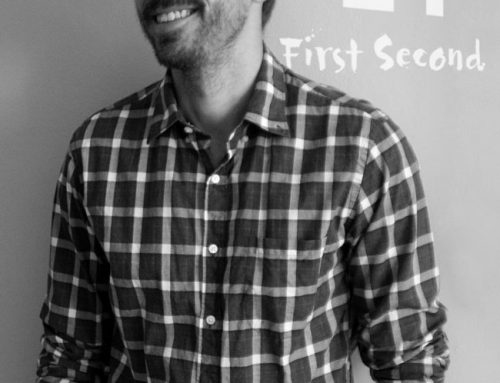
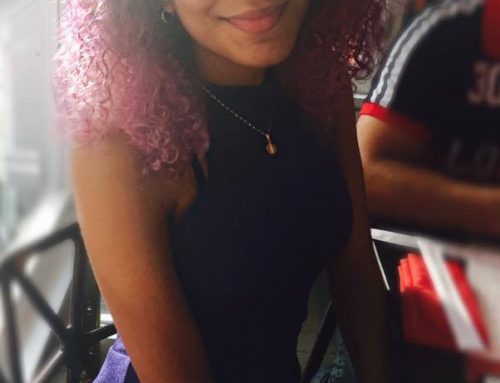
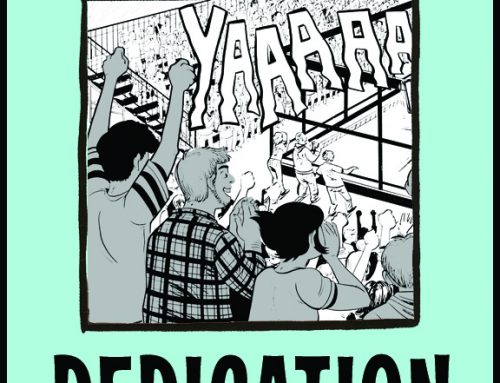
The author bio should must be very clear and brief about your quality which you have and show to the readers.
The Author Bernard O. Onyango is the ninth born in a family of twelve, seven boys and five girls born to the late Mr. Peterlis and Mrs. Margret Okeyo, Bernard currently lives Nairobi, Kenya.
Prior to becoming a Writer, Bernard has worked with H.Young and Sons and at the Nairobi Airport Services (NAS) in Mechanical Engineering Department as a Technician. He has also worked with Barclays Bank Kenya among other Organizations.
Bernard loves Reading, Travelling and Sports. He is married and has six adorable children three boys and three girls; he lives in The Eastland’s Area of Nairobi.
P/S help me with my Bio…really don’t know what to include or do without…
Love the photo! Is this man an author? Was he serious about writing? Does he write well? Did he have to write books without a computer. I have no idea. I don’t know who he is. But his photo tells me the answers are yes, yes, yes, and yes.
Enjoyed your post, especially “Things not to include.” I’ve read many bios that were impressive (though not always) and less than snappy. lol Thanks!